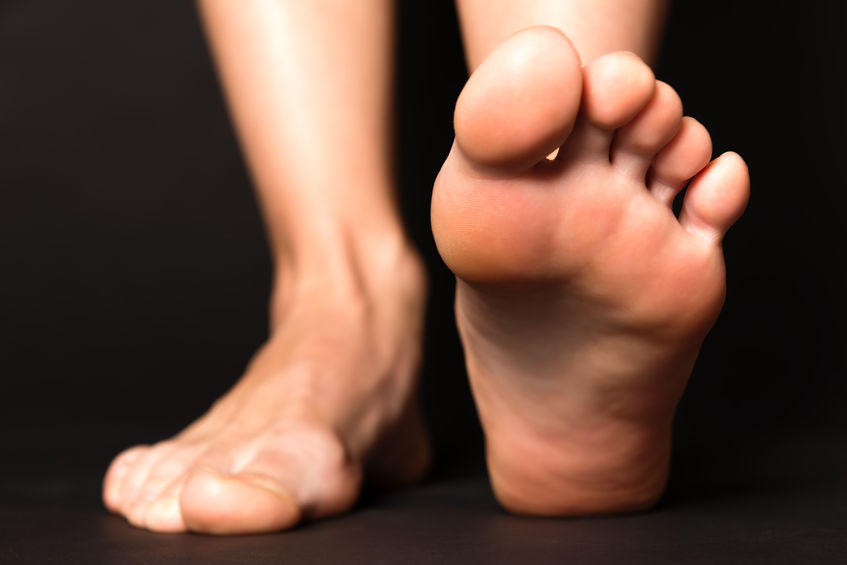Persistent foot odor is an embarrassing and uncomfortable condition that affects people of all ages. Foot odor develops when feet perspire while wearing shoes. Bacteria that grow in the shoes and attach to the skin produce the unpleasant odor.
The dark, warm environment within shoes provides a perfect breeding ground for the bacteria and fungi that are responsible for foot odor. Fortunately, smelly feet can be controlled with a few basic preventative measures, including practicing good feet hygiene.
Causes of foot odor
Simply put, feet smell because we wear shoes, and our feet sweat. The feet have more sweat glands than any other part of the body, roughly 3,000 glands per square inch. When feet begin to sweat profusely in shoes, there is nowhere for the sweat to evaporate. Feet begin to smell as the perspiration interacts with the bacteria that live on our skin and in our shoes and socks.
People who sweat excessively are predisposed to developing foot odor. There are a number of factors that can lead to increased sweat production, including:
- Certain prescription medications
- Condition known as hyperhidrosis (excessive sweating)
- Hormonal changes
- Stress

The best way to address foot odor is to take the following preventative measures:
- Alternate footwear so shoes can dry out between uses.
- Avoid wearing closed shoes without socks.
- Change moist socks as needed throughout the day.
- Dust your feet with non-medicated foot powder.
- Monitor your feet for signs of fungal infection.
- Wash your feet daily in warm water with soap; make sure to dry feet thoroughly, especially between the toes.
- Wear shoes that breathe.
- Wear thick, absorbent socks.
If preventative measures fail to eliminate foot odor, your podiatrist can prescribe stronger medication. Persistent foot odor may be a sign of an infection, so it is important to see a physician if odor does not go away with home treatment.

